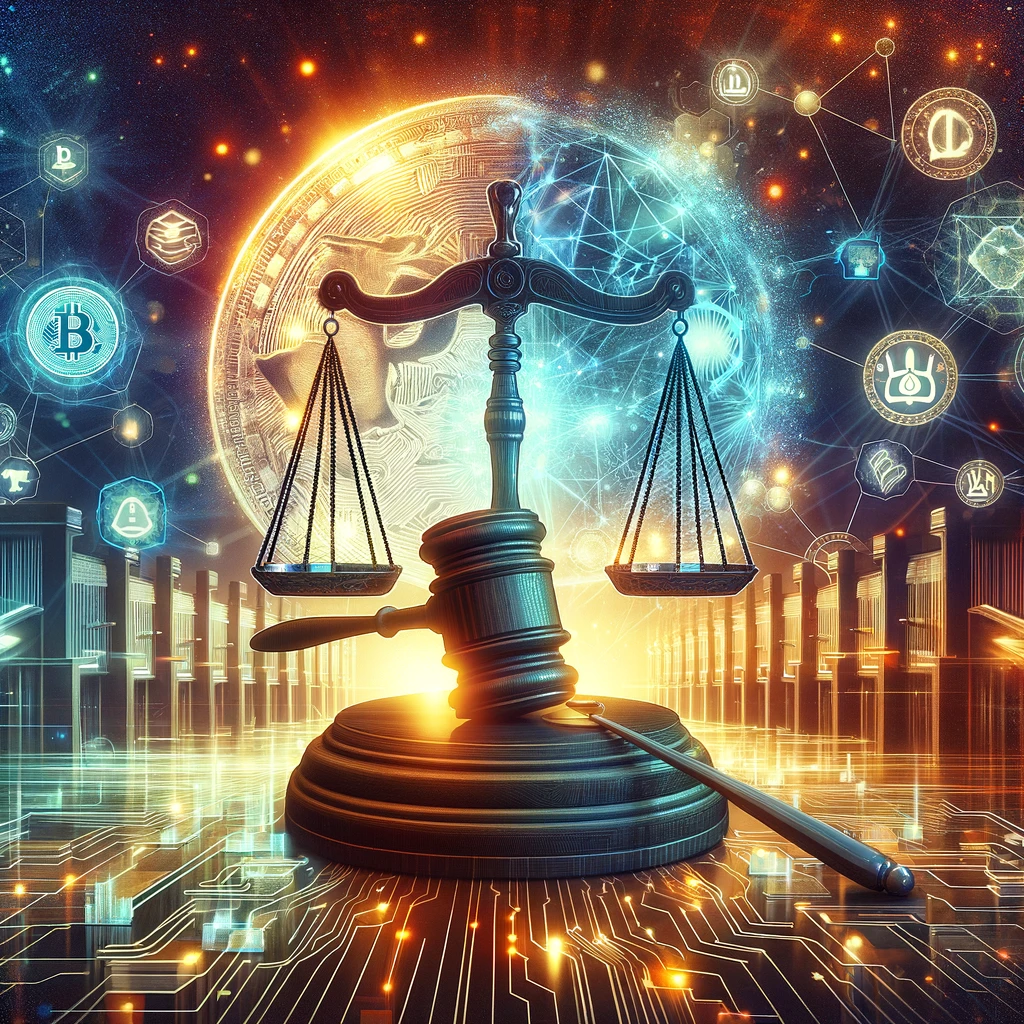In a significant development within the cryptocurrency and blockchain industry, the Texas Blockchain Council (TBC) and Riot Platforms, a prominent Bitcoin mining firm, have recently secured a pivotal legal win against several United States energy officials.
The victory came about through a decisive ruling from a United States District Judge, marking a critical moment for the sector in its ongoing interactions with regulatory bodies.
Riot Platform’s legal battle over data collection
The roots of the legal confrontation trace back to concerns raised by the TBC and Riot Platforms regarding what they perceived as an overly intrusive data collection initiative spearheaded by the U.S. Department of Energy, Energy Information Administration (EIA), Office of Management and Budget (OMB), and their respective leaderships. The controversy centered around a demand for cryptocurrency miners to submit detailed operational data, a move that the plaintiffs argued represented an unwarranted incursion into their proprietary business activities.
On February 22, a report by Cointelegraph highlighted the lawsuit’s initiation, revealing the plaintiffs’ allegations of the data collection efforts being excessively invasive. The situation escalated with a court filing on February 23 in the United States District Court for the Western District of Texas, where the TBC and Riot successfully persuaded the judge of the potential for irreversible harm if a temporary restraining order (TRO) was not imposed to halt further data collection.
The court’s issuance of the TRO effectively prohibits the EIA from mandating crypto miners to comply with the survey. Moreover, it restricts the EIA from disseminating any data already acquired through the survey. The judicial decision underscored the plaintiffs’ demonstration of immediate and irreparable injury, loss, or damage absent the TRO’s enforcement, thereby preventing any further action until a more permanent resolution could be determined.
Dispute over survey’s scope and impact
At the heart of the dispute was not only the principle of the data collection but also its practical implications. The plaintiffs contested the survey’s estimated completion time and the lack of compensation for the significant effort required. While the EIA optimistically estimated a mere 30 minutes for completion, the reality, as experienced by the TBC and Riot, involved over 40 hours of compliance efforts. The stark discrepancy highlighted the survey’s underestimated burden on cryptocurrency mining operations.
Furthermore, the legal challenge brought to light concerns over the potential disclosure of sensitive proprietary information, the threat of prosecution for non-compliance, and the undue costs associated with adhering to the survey’s demands. These factors contributed to the court’s perception of the EIA’s actions as an overreach of its authority, particularly in how the emergency survey was proposed and approved.
Conclusion
The legal victory for the TBC and Riot Platforms not only signifies a temporary relief from the contested data collection effort but also sets a notable precedent for how regulatory bodies engage with the burgeoning cryptocurrency mining industry. The court’s decision to impose a TRO until March 25 aims to maintain the status quo, providing a respite for the plaintiffs and, by extension, the broader crypto-mining community.
As the TRO’s expiration approaches, the industry awaits further developments with keen interest. The case underscores the delicate balance between regulatory oversight and the innovative dynamism of the cryptocurrency sector. It highlights the need for a nuanced approach that respects the operational realities of blockchain and crypto-mining entities while ensuring compliance with regulatory standards. The outcome of the legal battle may well influence future interactions between the tech industry and regulatory agencies, marking a critical juncture in the ongoing dialogue on oversight and innovation.




